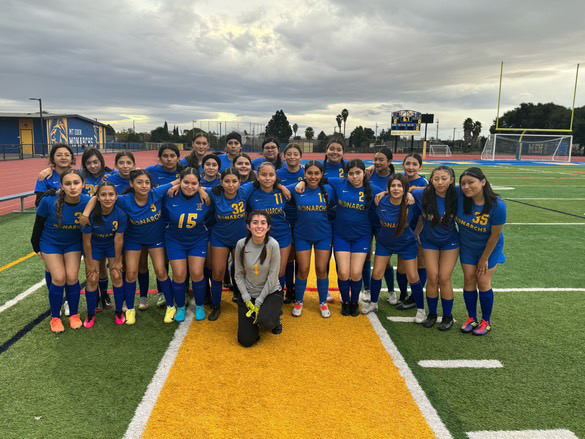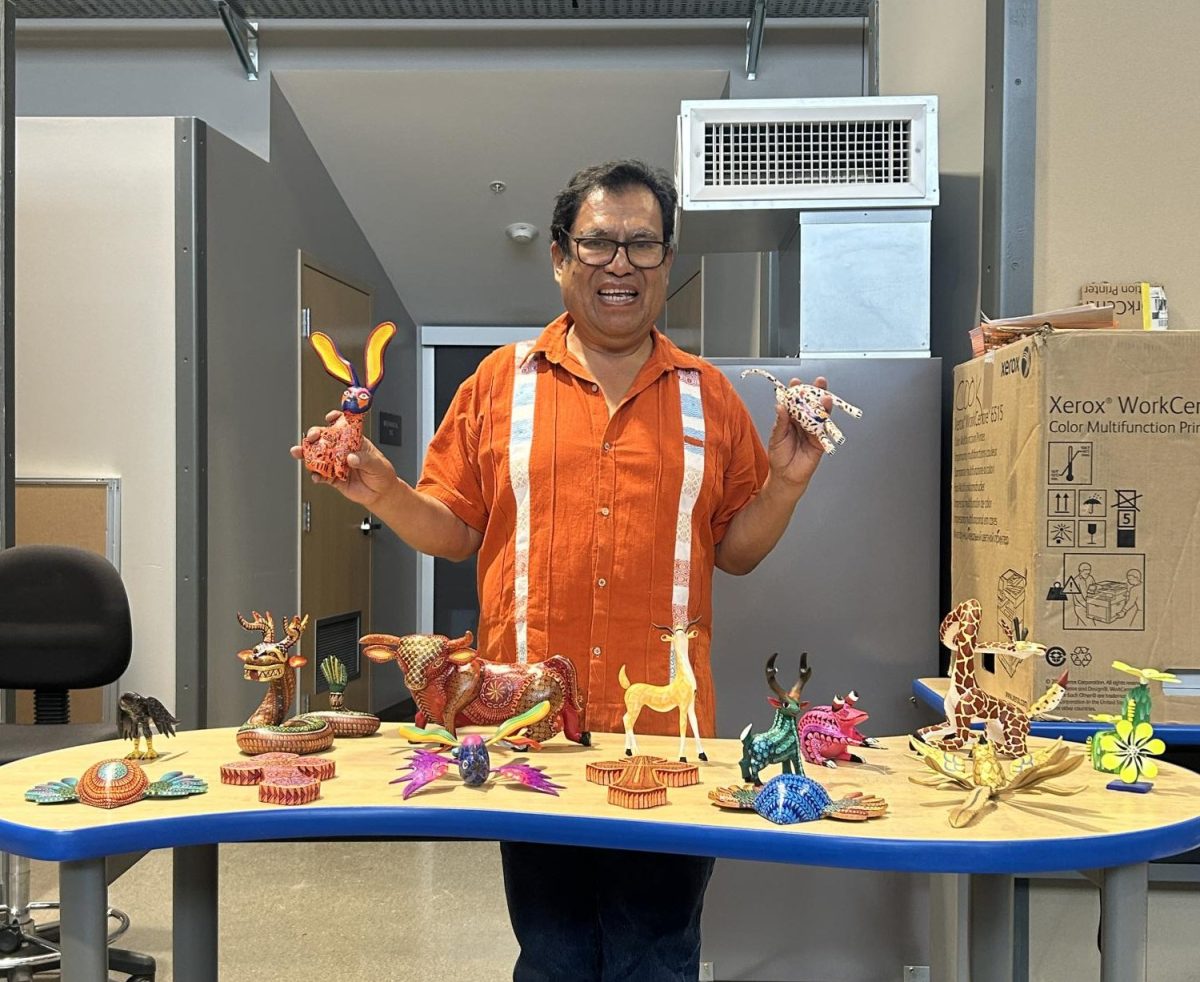The planet is currently at risk of crossing the point of no return due to the effects of climate change. If nothing is done within the next couple of decades, temperatures will reach catastrophic levels. However, solutions such as transitioning to greener sources of energy and reducing carbon emissions still remain. This brings us to an important question: do we need another source of unsustainable energy that continues to burn fossil fuels into the atmosphere?
The Willow project—an oil drilling project by the corporation ConocoPhillips—was approved by the Biden Administration earlier this spring on March 13, 2023. The project is located on the North Slope of Alaska in the National Petroleum Reserve. It poses a great threat to Alaskan wildlife and its climate due to the oil it produces, as well as the expansion of infrastructure into the tundra during its construction. According to the Bureau of Land Management (BLM), the project could produce approximately 590 million barrels of oil in its 30-year lifespan, as well as another 287 million tons of carbon emissions and other greenhouse gasses. The BLM also estimates that the amounts of greenhouse gasses released annually would be equivalent to that of around half a million households.
In April 2022, President Biden set a national goal for the United States to reduce carbon emissions by 50% from 2005 levels. However, his approval of the Willow project directly contradicts his statement. More carbon would be burned into the atmosphere as a result of the project. According to Kristen Monsell, a senior attorney at the Center for Biological Diversity (a group that stands against the Willow Project), “People and wildlife will suffer, and extracting and burning more fossil fuel will warm the climate even faster. Biden has no excuse for letting this project go forward in any form. New Arctic drilling makes no sense, and we’ll fight hard to keep ConocoPhillips from breaking ground.” Due to this, Biden has broken his promise in doing his part to protect the planet from global warming and should take responsibility for what follows after.



















